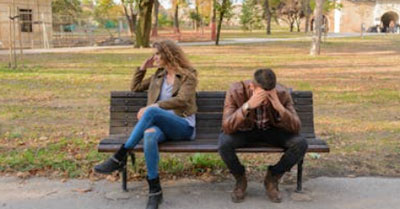“Which” Referring back to a Whole Clause | (B-Level, Intermediate)
Relative Pronoun “Which:” A Quick Review
The relative pronoun “which” refers back to something just before it. It can be used in a clause that gives you additional information about something. Examine the examples below.
”Which” referring back to “a thing”
Example 1
Main clause: This house has just been sold.
Additional idea: It (the house) was built in 1920.
This house, which was built in 1920, has just been sold.
Example 2
Main clause: John’s car is expensive.
Additional idea: He has just bought it (his car).
John’s car, which he has just bought, is expensive.
”Which” Referring back to a Clause
Besides referring back to a single “thing” in the preceding clause, ”which” can refer back to the whole clause, particularly in formal English. This creates more complex sentences so that you can provide additional information or clarification to the main clause.
“Which” referring back to a clause
Example 1
Main clause: Sarah studied hard the whole semester.
Additional idea: This (the above fact) explains her perfect score on the exam.
Sarah studied hard the whole semester, which explains her perfect score on the exam.
Example 2
Main clause: John and Susan have broken up.
Additional idea: This (the above information) makes me very sad for them.
John and Susan have broken up, which makes me very sad for them.

Vera Arsic | Pexels
More Examples
John has not slept in 23 hours, which explains why he is so irritable.
The company’s CEO lied and broke a number of promises, which will now make it very difficult for him to be an effective leader.
The hurricane has caused extensive damage to coastal areas, which has forced many people to leave their homes.
The team performed exceptionally well in the championship, which earned them a spot in the finals.
The new policy has sparked protests across the country, which has caused politicians to reconsider their positions.
The research findings revealed unexpected results, which has caused scientists to formulate new hypotheses.
Assess Your Learning
Practice 1. Find what “which” refers to in sentences.
Congratulations on completing this lesson!

Thanks to our supporters!
This material has been made possible by supporters like you. Learn how you can support us.

“What should I learn next?”
Use the navigation buttons to choose another skill or another lesson in this skill.
Thank you for Supporting Snap Language
Snap Language supporters make the creation of these materials possible.
Learn how you can support our work, get perks, and help us continue creating high-quality materials.
You can support us by simply white-listing this site.